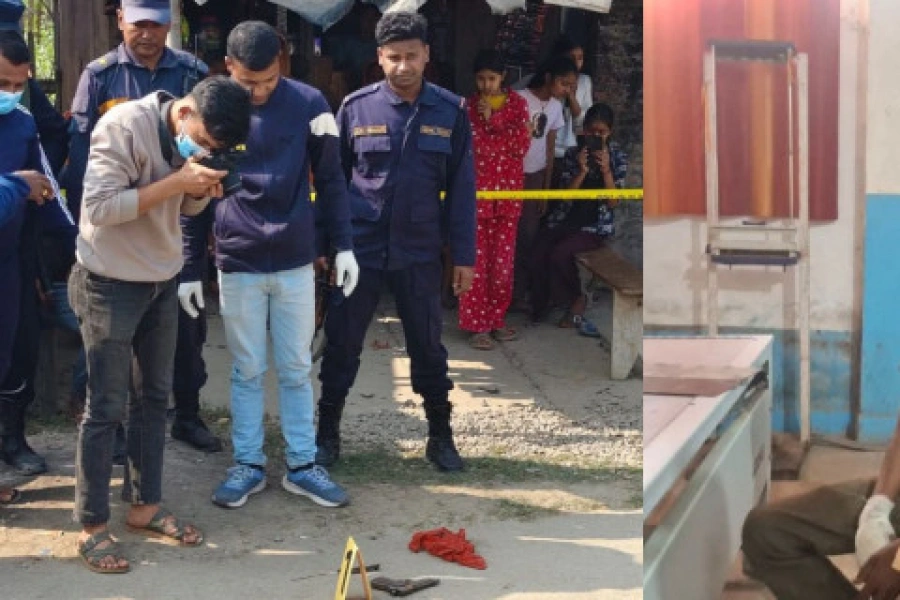KATHMANDU, Aug 15: The Accountability Watch Committee (AWC) has expressed disappointment over what it sees as a missed opportunity by the House of Representatives to establish a strong legal framework for concluding Nepal’s long-stalled transitional justice process. Despite some improvements in provisions related to reparations, the recently passed Enforced Disappearances Enquiry, Truth and Reconciliation Commission Act (Third Amendment) Bill still contains significant flaws, according to the AWC.
The committee highlighted concerns about the bill's inconsistencies with international human rights and humanitarian law standards, particularly in its definitions of human rights violations and serious violations. Additionally, the provision allowing a 75 percent ‘non-judicial reduction’ in sentences for perpetrators of serious violations was criticized as regressive, undermining the principle that punishment should reflect the gravity of the crime.
AWC urges swift action on transitional justice following recent...

The AWC also raised concerns about the bill’s narrow statute of limitations for filing cases based on the Commission’s recommendations, and the allowance for perpetrators to remain in public office during investigations. These provisions, the AWC argues, could enable perpetrators to evade accountability.
The committee emphasized that accountability for serious violations is not only crucial for conflict victims but for society as a whole, to prevent the recurrence of such violence. The AWC calls for further amendments or judicial interpretation to address these legal flaws and urges stakeholders, including the United Nations and international human rights organizations, to actively monitor the process.





































